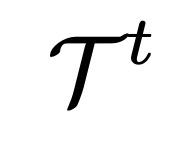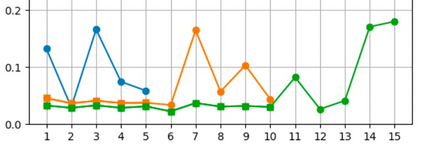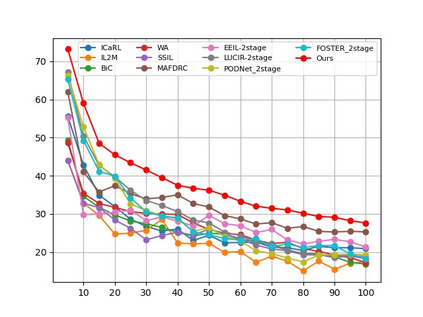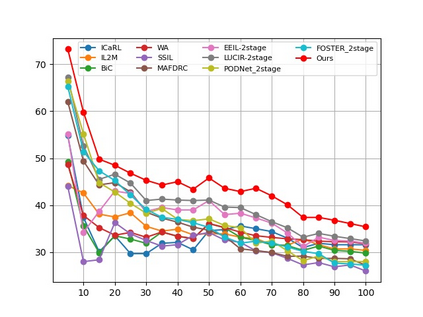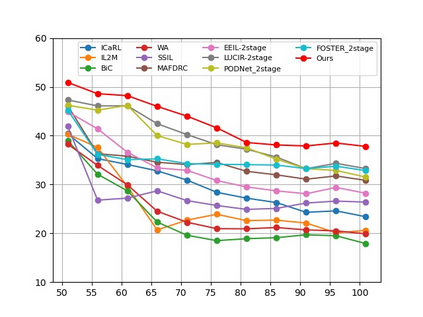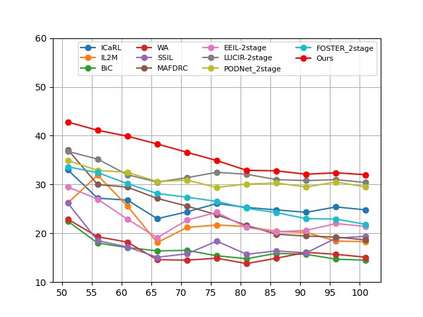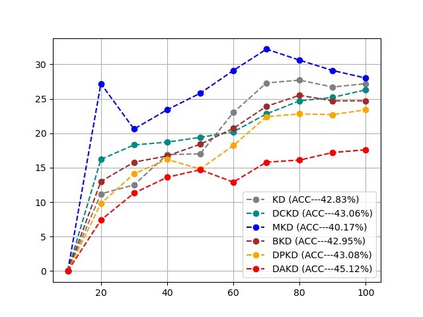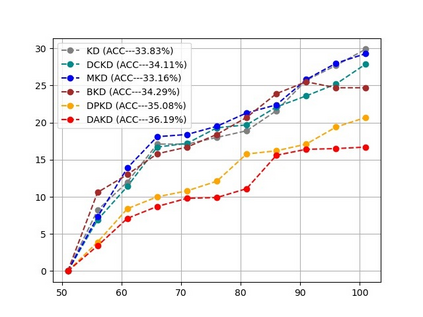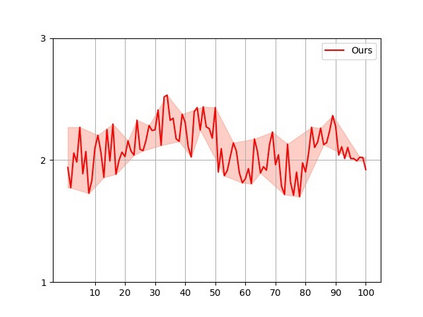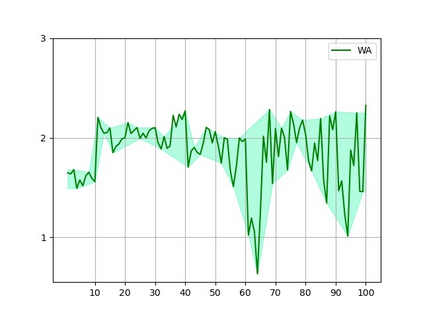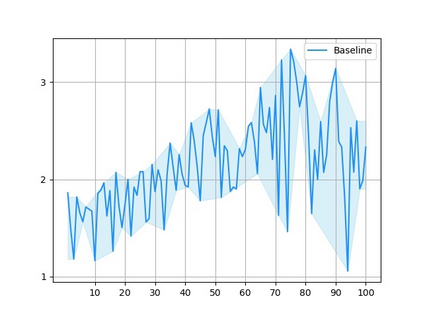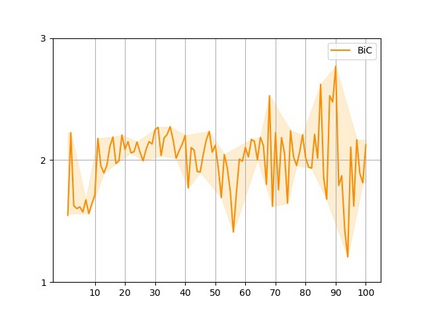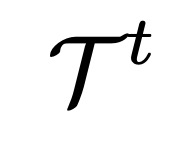Class-Incremental Learning (CIL) trains a model to continually recognize new classes from non-stationary data while retaining learned knowledge. A major challenge of CIL arises when applying to real-world data characterized by non-uniform distribution, which introduces a dual imbalance problem involving (i) disparities between stored exemplars of old tasks and new class data (inter-phase imbalance), and (ii) severe class imbalances within each individual task (intra-phase imbalance). We show that this dual imbalance issue causes skewed gradient updates with biased weights in FC layers, thus inducing over/under-fitting and catastrophic forgetting in CIL. Our method addresses it by reweighting the gradients towards balanced optimization and unbiased classifier learning. Additionally, we observe imbalanced forgetting where paradoxically the instance-rich classes suffer higher performance degradation during CIL due to a larger amount of training data becoming unavailable in subsequent learning phases. To tackle this, we further introduce a distribution-aware knowledge distillation loss to mitigate forgetting by aligning output logits proportionally with the distribution of lost training data. We validate our method on CIFAR-100, ImageNetSubset, and Food101 across various evaluation protocols and demonstrate consistent improvements compared to existing works, showing great potential to apply CIL in real-world scenarios with enhanced robustness and effectiveness.
翻译:暂无翻译

